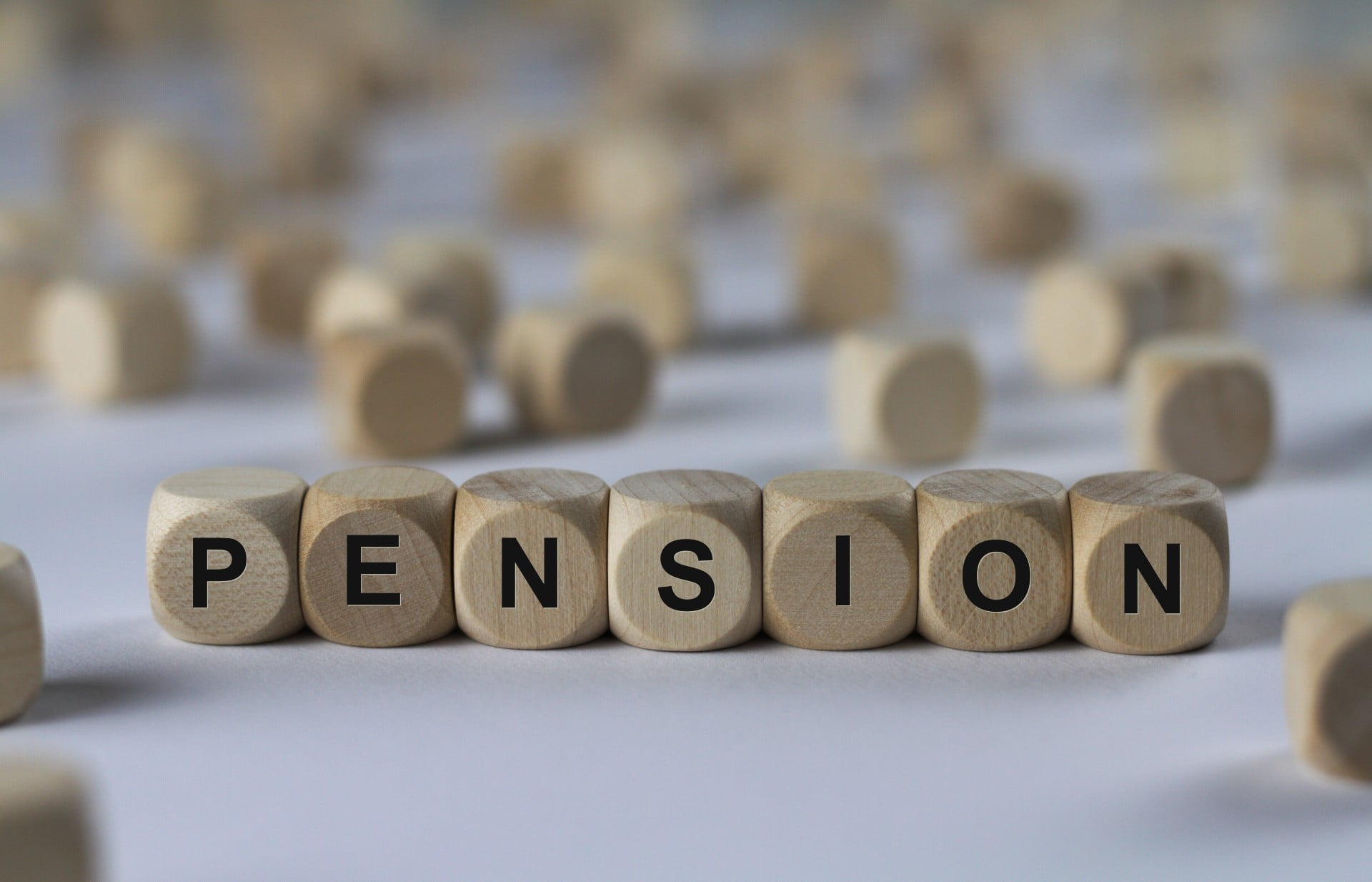It is often a misconception that retirement planning is only something that you need to think about later in life. However, the sooner you start to plan for your retirement and consider your pension options, the better, and the more chance you will have of building up the finances you require to live your desired lifestyle when you reach retirement age.
We take a look at some of the key things to consider during different stages of your life to ensure you get the most out of your retirement.
Age 20-35
This is roughly the likely age you will start your first full time job and probably a stage of your life where the last thing you are thinking about is your pension. However, this is without a doubt the best time to start saving into your pension as the earlier you begin, the more time your money has to grow and it is highly likely to be something you will thank your younger self for in years to come.
At this age you may have other financial commitments which you consider a higher priority, such as saving to buy your first house, clearing any student debt you may have, or simply having as much disposable income as possible to lead a fun and carefree lifestyle.
You will also be earning less at this stage of life, therefore you might not have the flexibility to increase your payments into a pension as much as you may ideally like to.
By law your employer must automatically enrol you into a pension scheme (providing you are eligible for automatic enrolment) and make contributions on your behalf. Increasing that by paying in even a small amount yourself can make a huge difference in the long term.
Age 35-50
By this age, you may have increasing responsibilities and be handling the demands of a mortgage and the extra costs that having children may bring. However, you may be earning more than when you began your career and may be able to consider paying more into your pension as a result. In fact, if you are earning more than £50,270 a year, you would qualify for 40% income tax relief on your pension contributions, so it is certainly something worth exploring.
It may also be a good idea during this stage of life to look further ahead and begin thinking about the realistic sort of lifestyle you are hoping to live when you reach retirement, and maybe more importantly, when you would like to retire and what you would need to do to achieve that.
Age 50-65
Once you reach this stage of life, you are probably much more focused on your retirement plans.
Although you will now be getting closer to retirement age, if you are worried that your saving pot is not going to be what you were hoping for, it’s important not to panic and there can still be plenty of time to make a difference.
Hopefully as you reach this age some of your financial commitments may begin to ease. You may be getting close to paying off your mortgage, your children could be relying on you far less financially and you potentially may also be earning the most you have earned as you climb to the top of the ladder in your career. All these factors may mean that you are in a position to consider ploughing more money into your pension, especially if you’re worried that previous contributions may have left you short of your ideal.
If you are fortunate enough to have built up any savings and are happy to forgo the access to the funds, you could look to make a lump sum transfer to your pension which could give you a great boost. The most you are able to pay into a pension in any year and receive the upfront tax relief is 100% of your earnings (normally up to £40,000) or £4,000, whichever is lower. However, dependant on earnings, your pension contribution allowance could be capped at a lower level and therefore seeking advice is important.
Potentially you could pay in more if you are eligible for ‘carry forward’, this is where you can carry over any unused allowance from the last three tax years.
Having a much clearer idea of what you are looking to achieve in retirement can make it far easier to decide which of the above steps are going to be right for you. The more precise you can be with what you are looking for, the easier it is to implement a specific plan to get you there.
Age 65 plus
By this age, your main focus is going to be how you use the wealth you have worked so hard to build up throughout your lifetime to provide you with the income you need to live your desired lifestyle.
Obviously, this will be different for everyone but when looking specifically at your pension you will have two options to consider. The first is buying an annuity and securing a guaranteed lifelong income from this. The second is taking payments flexibly from your pension using what is referred to as Flexi Access Drawdown.
Each option has different benefits and downsides so it’s something that needs careful thought and expert advice.
The drawdown option is good because you are able to draw money out as and when you please but the main downside of this is that you do run the risk of potentially running out of money further down the line, particularly if your investments don’t perform as well as you were expecting them to. However, you do continue to benefit from investment market growth over your retirement journey.
The annuity route provides you with the reassurance that you will get a fixed and guaranteed income for the rest of your life, but this decision cannot be reversed once chosen and you would no longer have access to the capital, which means there would be no inheritance to leave to your offspring from your pension.
However, the great thing is that you are able to use a combination of the two, giving you the best of both worlds and enabling you to tailor your options specifically to your individual circumstances and what you are looking to achieve.
Finally, if you have paid the qualifying national insurance contributions throughout your working life, you will also be entitled to a full state pension once you reach 66 (67 from 2028). That could give you a further £185.15 a week which could make a huge difference.
Summary
Hopefully you are now a little clearer about the sorts of things you should be thinking about during the different stages of your life in relation to your retirement, although these tips can be useful, tailored advice to your specific circumstances is always the best way to ensure you’re planning for the future you want to achieve and getting the most from your investments.
For further information or advice, contact a member or our financial planning team by emailing enquiries@pmm.co.uk or call 01254 679131.
The information contained within this article is purely for information purposes and does not constitute financial advice.





